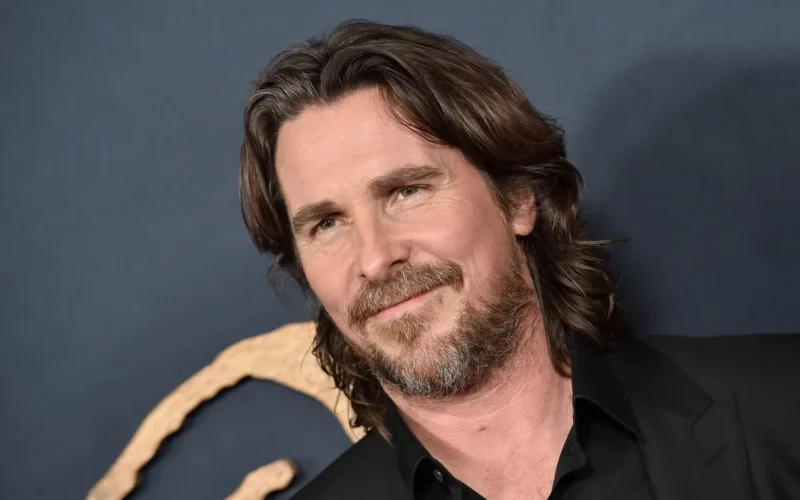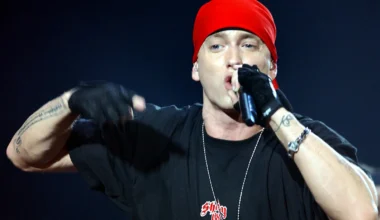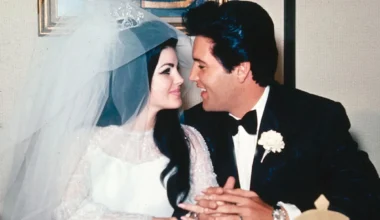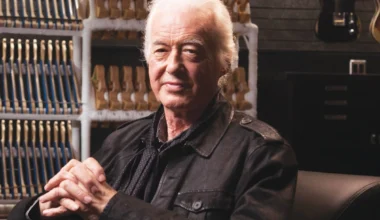Even though he’d already been acting for over a decade by the time it was released, American Psycho was nonetheless viewed as a banner moment in the career of Christian Bale.
Gillian Armstrong’s Little Women, Todd Haynes’ Velvet Goldmine, and Michael Hoffman’s A Midsummer Night’s Dream, to name but three, had already made it clear the lead of Steven Spielberg’s Empire of the Sun was well on the way to making the difficult transition from child actor to established star with designs on longevity, but it was Mary Harron’s biting jet-black satirical psychological horror that sealed it.
The filmmaker fought hard to keep Bale in the role of Patrick Bateman, eventually coming full circle once both Harron and her ideal leading man had been replaced by Oliver Stone and Leonardo DiCaprio, respectively, and his phenomenal performance announced to the world that he was a talent destined for the very top of the profession.
That being said, it took a little longer to happen than expected – until Brad Anderson’s The Machinist and Christopher Nolan’s Batman Begins were released within seven months of each other – to offer the clearest indication yet of Bale’s immeasurable talents. His hauntingly emaciated turn in the former showcased his commitment, dedication, and versatility, while the latter proved he was equally comfortable anchoring a studio blockbuster as one of pop culture’s biggest icons.
Between those two points, though, things were nowhere near as fruitful. If anything, it seemed as if Bale had intentionally sought to capitalise his post-American Psycho momentum to take a crack at becoming a certifiable movie star, only to repeatedly fail at establishing himself as a front-line Hollywood player.
His first credit after Bateman came in the Samuel L. Jackson-fronted Shaft reboot, where he played smarmy and nefarious businessman Walter Wade Jr. Operating as the main antagonist of a major mainstream picture opposite a massively popular star, Bale’s work was surprisingly muted and unmemorable.
By his own admission, Bale was left underwhelmed by the experience. “Frankly, I found it a little bit frustrating doing Shaft because I’m back to being one part in a very big film,” he told Entertainment Weekly. Despite that, his very next big screen appearance saw him billed fourth behind Nicolas Cage, Penélope Cruz, and John Hurt in 2001’s Captain Correlli’s Mandolin.
A return to small-scale drama as the male lead opposite Frances McDormand in Laurel Canyon followed, but for his next silver screen outing after that Bale was awarded top billing in what he would call “a very big film” by his own definition, only for ludicrous dragon-slaying fantasy Reign of Fire to flop at the box office and be greeted with a critical response that could generously be described as tepid at best.
In addition to being his first time as the main star of an expensive effects-heavy production, Reign of Fire was also Bale’s first time seriously bulking up for a part after packing on muscle to convince as a hardened post-apocalyptic warrior, although he was at least smart and self-aware enough to acknowledge at the time of its release that “this film could be a complete bloody disaster”. It has its fans, but it hardly underlined its star’s credentials for anchoring a blockbuster.
Almost the exact same can be said of Kurt Wimmer’s Equilibrium, too, which tanked spectacularly at the box office before emerging as a cult classic among action aficionados, thanks largely to Bale’s stoic central turn and the dystopian sci-fi’s gun-kata set pieces. Following its dismal run in cinemas in 2002, Bale was completely absent from screens in 2003, before the following year, and the arrival of The Machinist ultimately marked the true beginning of his ascension.
For decades, any actor who delivers a performance deemed as ‘star-making’ becomes inundated with more mainstream offers, but the sentiment hardly worked in Bale’s favour. He was disappointed by Shaft, shunted to the sidelines in Captain Correlli’s Mandolin, lent support in an independent drama nobody saw, and then suffered two consecutive bombs when he tried his hand at being an action hero.
Of course, he’s unquestionably one of the finest actors of his generation and one of the most reliable the industry has to offer, but the years immediately after American Psycho were a lot leaner and less successful than they could – or should – have been, as Bale’s Hollywood excursions continually fell flat.







